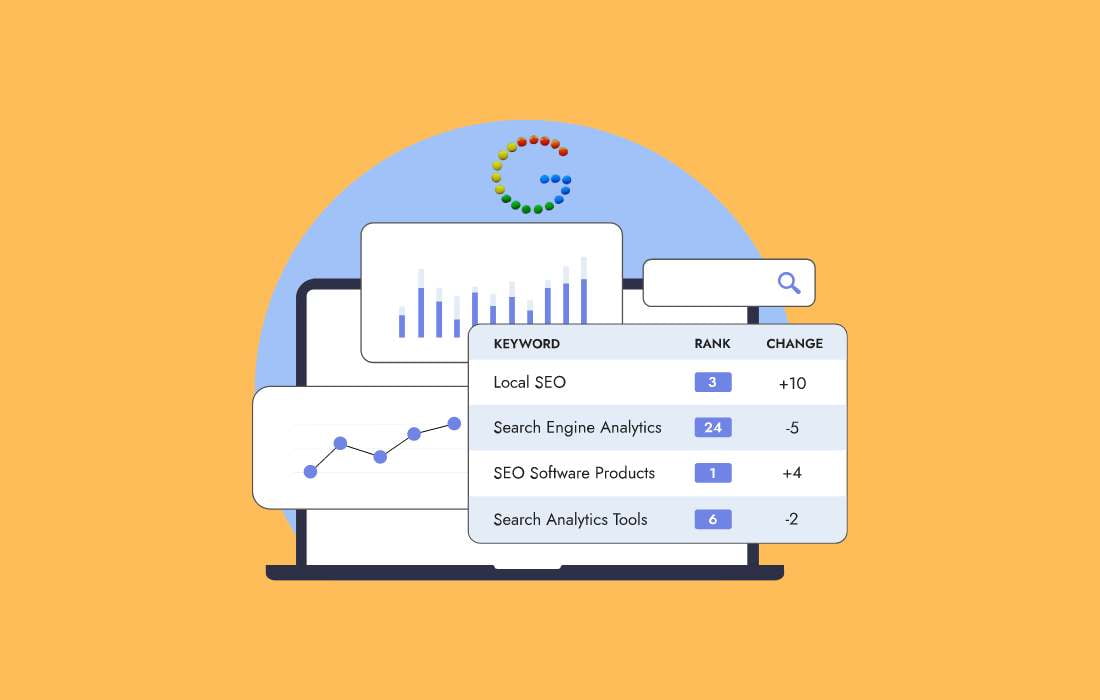Guest blogging has become one of the most effective ways to build your online presence, boost SEO, and establish yourself as an authority in your industry. But what exactly is guest blogging, and how can it benefit your business? Let’s dive in.
What is Guest Blogging?
Guest blogging is when you write a blog post for another website in your industry or niche. In return, you usually get a link back to your own website, and sometimes even a short author bio with a link. It’s a win-win: the blog owner gets quality content, and you get exposure and a valuable backlink.
Why is Guest Blogging Important for SEO?
One of the biggest benefits of guest blogging is the impact it can have on your SEO (Search Engine Optimization). Here’s how it helps:
- Backlinks Improve Your Rankings: Backlinks (links from other websites to yours) are one of Google’s top ranking factors. When you guest blog on high-authority websites, you earn valuable backlinks that signal to Google that your site is trustworthy, which can improve your search engine rankings.
- Increase Traffic: By writing for established blogs in your industry, you can introduce yourself to a whole new audience. If readers find your content valuable, they’re likely to click on your link and visit your website, driving more organic traffic.
- Build Domain Authority: Regular guest blogging on high-quality websites can help improve your domain authority, making it easier for your website to rank for competitive keywords over time.
How to Get Started with Guest Blogging
Here’s a step-by-step guide on how to begin guest blogging:
1. Identify Target Websites: Start by finding blogs that are relevant to your industry. Look for websites that accept guest posts and have a strong domain authority. You can use tools like Moz’s Domain Authority checker to assess the authority of a website.
2. Pitch a Unique Topic: Once you’ve identified a website, you’ll need to pitch a blog idea. Make sure your pitch is personalized to the site’s audience and offers something valuable. Avoid generic ideas that have been covered before. The more unique and helpful your content, the more likely it will get accepted.
3. Write High-Quality Content: If your pitch is accepted, write a well-researched and engaging blog post. Ensure your post aligns with the blog’s tone and style, and provides actionable tips or insights. Remember, the better your guest post, the more likely readers will be to visit your site.
4. Include a Relevant Backlink: Most guest posts allow you to include a link to your website. Be strategic about where you place it. Ensure the link naturally fits within the content and adds value to the reader, instead of just promoting your business.
5. Promote Your Guest Post: Once your guest post is published, share it on your social media platforms and engage with readers in the comments. This can help generate more traffic and demonstrate that you’re an active part of the community.
The Benefits of Guest Blogging Beyond SEO
While guest blogging is great for SEO, its benefits don’t stop there:
- Establish Authority: Writing for well-known websites helps position you as an expert in your field. The more your name is associated with valuable insights, the more your reputation grows.
- Networking Opportunities: Guest blogging often leads to building relationships with other influencers in your niche. These connections can open up more opportunities for collaboration in the future.
- Grow Your Audience: By appearing on high-traffic websites, you expose your brand to a broader audience. Over time, this can help you grow your own followers, email subscribers, or customer base.
Common Mistakes to Avoid in Guest Blogging
- Submitting Low-Quality Content: If your post is poorly written or lacks value, it’s unlikely to get accepted or build a good reputation for your brand.
- Focusing Too Much on Promotion: Guest blogging is about offering value, not directly promoting your business. Focus on helping the audience rather than pushing your products or services.
- Ignoring Guidelines: Always read the blog’s guest post guidelines. Ignoring them can reduce your chances of getting published.
Final Thoughts
Guest blogging is an excellent strategy to grow your online presence, build authority, and improve SEO. By consistently writing valuable content for reputable websites in your industry, you can drive more traffic to your site, build relationships with influencers, and boost your search rankings. It’s all about delivering value while strategically earning exposure for your brand.




